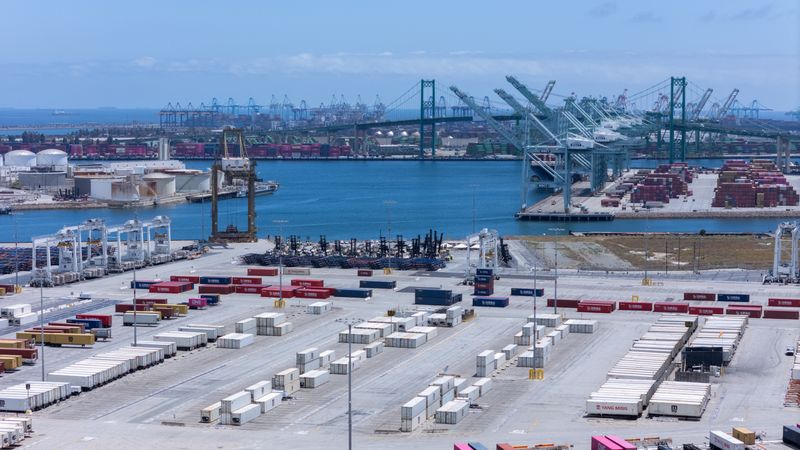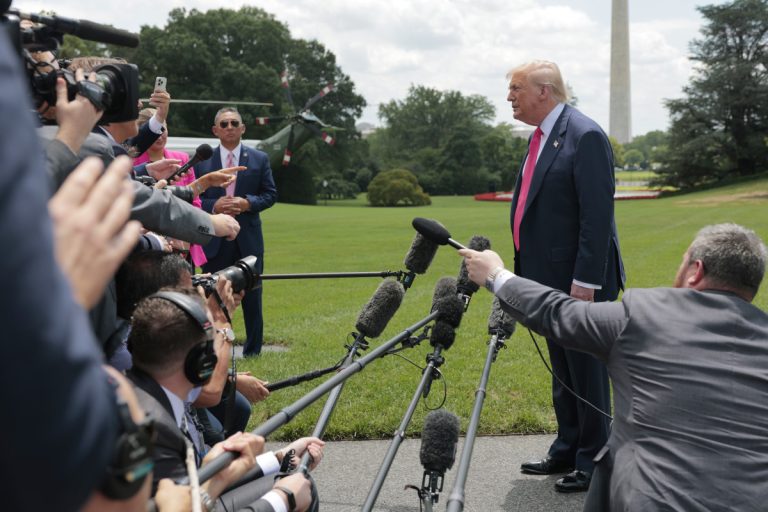A look at the day ahead in European and global markets from Ankur Banerjee
Today is the deadline for U.S. trading partners to submit their “best offer” to avoid punishing import tax rates, the same day that U.S. duties on imported steel and aluminium kick in, and investors are more jittery than usual.
So far, only Britain has struck a preliminary trade agreement with the U.S. during Trump’s 90-day pause on a wider array of tariffs. That pause is set to expire in about five weeks and investors have been worried about the lack of progress in hashing out deals.
Adding to the angst, Japanese Chief Cabinet Secretary Yoshimasa Hayashi said Tokyo has not received a letter from Washington asking for its best proposals on trade talks.
The on-again-off-again tariff pronouncements from Trump this year have investors fleeing U.S. assets and looking for safe havens and alternatives, including gold. They expect trade uncertainties will take a heavy toll on the global economy.
The main question in financial markets has been where the money that usually flowed into U.S. assets will end up going. For years, money managers embraced the fatalistic presumption that “there-is-no-alternative” (TINA … yes, markets love acronyms) but perhaps there are options now.
As Manishi Raychaudhuri, the founder and CEO of Emmer Capital Partners Ltd, puts it: While Europe may be the obvious destination, relative value metrics may favour emerging Asia.
The data so far does not give a complete picture. But what it does show is investors are lowering their exposure to U.S. assets, and only time will tell where they end up.
Asian markets rose on Wednesday, boosted by tech stocks as traders hope a deal could still be possible if and when U.S. President Donald Trump and Chinese leader Xi Jinping talk this week.
The spotlight in Asia was also on South Korean assets. Seoul’s benchmark share index surged to 10-month top and the currency firmed as liberal presidential candidate Lee Jae-myung’s election victory raised expectations for swift economic stimulus and market reforms.
European futures point to a slightly higher open ahead of a series of manufacturing data from the region and as the European Central Bank starts its policy meeting.
The ECB is all but certain to cut rates on Thursday and stay on its easing cycle as muted wage growth, a strong euro and lukewarm economic growth all point to easing inflation. Data on Tuesday showed euro zone inflation in May eased below the ECB target of 2%.
Key developments that could influence markets on Wednesday:






